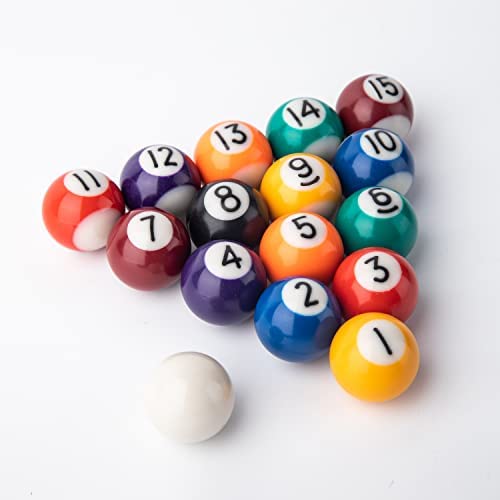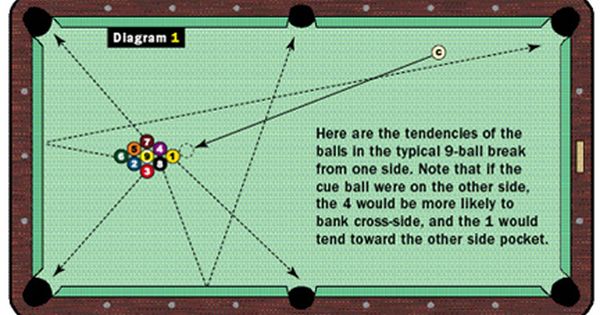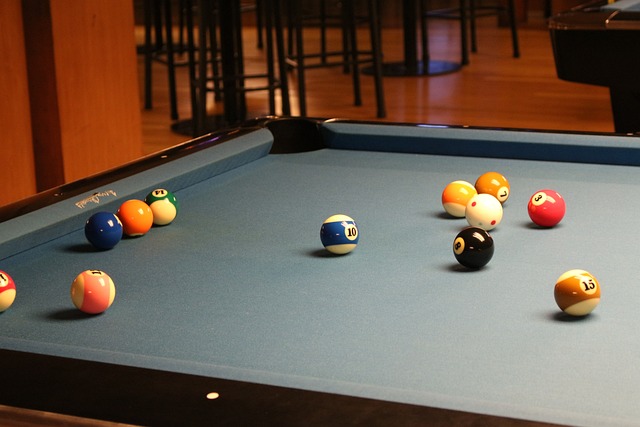
One of most popular sports worldwide is pool. You can play it on many different sizes of tables. However, it is also a game that requires a high level of skill. There are many kinds of pool. However, eight ball pool and continuous pool are the most popular. These games require a high level of skill and can be played as singles, doubles or as a team sport.
The game's goal is to put all the designated balls. This includes the cue ball, eight-ball and other object balls. Each player gets one pocket at the bottom of the table. They will continue until they are fouled or miss. Fouls are committed when a player puts the ball on the ground and takes a new shot. A break, hitting the cue ball in an object ball or breaking an unwritten rule, as well as execution of a jump shot, are all possible fouls.
The World Standardized Rules of Pool are the official rules. They are used at many international tournaments as well as in the Billiard Council of America. If there is a foul, the ball must be put back on. The ball pocketed by an opponent counts as one point.

In eight-ball, the goal is to pocket the black eight ball. Depending upon the game variation, the other balls may be numbered 1-9. If the player pockets a ball into his own pocket, he wins the game.
A normal foul will result in a minus point. A foul that involves the ball being pocketed will result in a minus point. After the player takes his next shot, he can choose to restore the position that he was in prior to the foul. Alternatively, he may decide to keep his shot and if the opponent pockets a ball into his own pocket, the opponent will receive a point.
The ball in hand foul is another type of foul. This happens when a player touches a cue ball with one foot only. The player must announce that the ball has been pocketed before they take a shot. The ball that was lost in foul must be returned to the player who pocketed it.
Two fouls in succession must be reported to the officials before the player can take their next shot. The third foul will result is a forfeiture of the game. The player will be penalized if he or she breaks in an inning.

Another type of foul is a non-player interference. Non-player interference is when the ball is pushed, bumped or thrown by an opponent or unscheduled lighting fixture. If the ball is pushed or bumped by an opponent, the foul does not count.